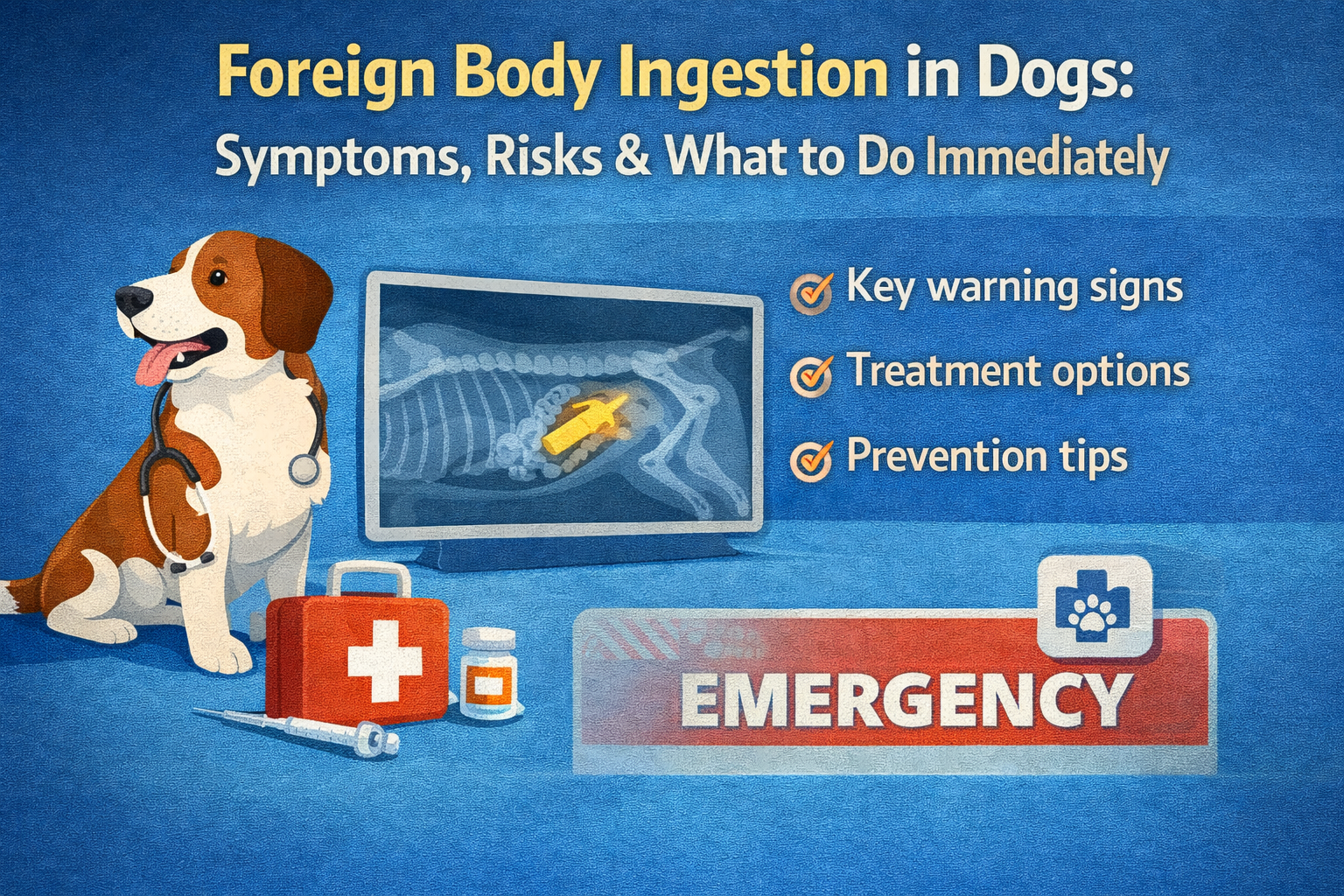Seizures in Dogs – Seizures in dogs can be alarming for any pet owner. Watching your dog suddenly collapse, convulse, or lose control of its body can be frightening. While seizures vary in seriousness and frequency, they frequently signal underlying medical issues that need attention. Understanding what causes seizures, how to identify the signs, and what treatment options are available can help you manage this condition and improve your dog’s quality of life.
What Are Seizures in Dogs?
A seizure is a sudden, uncontrolled burst of electrical activity in the brain. In dogs, this can produce a spectrum of physical symptoms ranging from mild disorientation to full-body convulsions. Dogs’ seizures can occur randomly or be triggered by specific stimuli, such as stress, flashing lights, or changes in the environmental. Seizures are not a disease in themselves but rather a symptom of a broader issue. The causes can range from epilepsy to liver disease, poisoning, or brain tumors.
What Are The Types Of Seizures In Dogs?
There are many different types of seizures that dogs can experience –
- Generalized (Grand Mal) Seizures – These involve both sides of the brain and the whole body. Symptoms include stiffening of the limbs, paddling, drooling, and loss of consciousness.
- Focal (Partial) Seizures – These affect a particular part of the brain and mainly one area of the body, like a limb or the face. They can sometimes turn into generalized seizures.
- Psychomotor Seizures – These are characterized by strange behavior, like chasing invisible objects or snapping at the air.
- Cluster Seizures – Many seizures that occur within 24 hours.
- Status Epilepticus – A medical emergency where the seizure lasts over five minutes or multiple seizures occur without the dog regaining consciousness in between.
Common Causes of Seizures in Dogs
Seizures can be result from a wide range of underlying conditions. Common causes include –
Idiopathic Epilepsy – The most common cause of seizures in dogs, especially in young to middle-aged animals. The exact cause is unknown, but genetics may play a role.
Liver Disease or Hepatic Encephalopathy – The buildup of toxins in the blood can lead to neurological issues, including seizures.
Brain Tumors – More common in older dogs and can directly affect brain function.
Head Trauma – Past injuries can lead to scarring or damage that results in seizures.
Toxins – Ingesting substances such as chocolate, xylitol, or rodenticides can trigger seizures.
Infectious Diseases – Conditions such as distemper or rabies can affect the central nervous system.
Hypoglycemia – Low blood sugar levels, frequently seen in puppies or small breeds, can lead to seizures.
Kidney Failure – The accumulation of waste in the body due to kidney dysfunction can affect the brain.
Symptoms of Seizures in Dogs
Identifying the signs of a seizure can aid you in responding more effectively when one occurs. Symptoms include –
- Sudden collapse or stiffening
- Muscle twitching or jerking movements
- Drooling or foaming at the mouth
- Paddling of limbs
- Loss of bowel or bladder control
- Temporary paralysis or confusion post-seizure
- Staring blankly or appearing dazed
It is essential to note that not all seizures are dramatic. Some may only include subtle changes in behavior or movement, specifically in the case of focal seizures.
What to do if your dog has a seizure?
If your dog experiences a seizure, remain calm and follow these steps –
- Keep them safe – Move any objects away from your dog that could cause injury.
- Do not touch their mouth – Dogs do not swallow their tongues during seizures, and you could get bitten.
- Time the seizure – If it lasts longer than five minutes or if multiple seizures occur close together, seek emergency veterinary care.
- Stay with your dog – Talk to them calmly and comfort them during the post-seizure phase.
- Record the event – If possible, take a video to show your vet.
Diagnosis and Treatment
Your veterinarian will conduct a complete physical exam and may recommend test such as blood work, urinalysis, X-rays, or an MRI to decide the cause of the seizures. If no underlying cause is found, idiopathic epilepsy is frequently diagnosed by exclusion. Treatment depends on the cause but may include –
Anticonvulsant Medicines – Drugs like phenobarbital or potassium bromide are commonly prescribed for epilepsy.
Dietary Changes – Special diets may aid in managing metabolic causes.
Surgery – If a brain tumor is the cause, surgical removal might be an option.
Handling Underlying Conditions – Treating liver disease, infections, or toxin exposure may remove the seizures.
It is important to follow your vet’s instructions closely. Do not stop or change your dog’s medication without expert guidance, as this can lead to more serious seizures.
Long-Term Outlook
While seizures in dogs can be managed, they frequently need lifelong care and observation. Regular vet visits, medicine compliance, and a continued routine can significantly lower seizure often and severity. Various dogs with epilepsy or seizure disorders go on to live full, happy lives.
Conclusion
Seizures in dogs can be overwhelming, but with the correct information and veterinary support, they can sometimes be managed successfully. Always consult your vet if your dog experiences any abnormal behavior or symptoms. For professional care and support, visit Pet Care Partners, a reliable resource for trusted pet health advice and complete care. Your pet’s wellness is their top priority.
FAQs
Are seizures in dogs painful?
No, seizures themselves are not painful; however, dogs may be confused or scared after a seizure, so offering comfort is essential.
Can stress cause seizures in dogs?
Yes, stress can act as a trigger, specifically in dogs with a predisposition to seizures. Minimizing stressful environments can help in seizure management.
Should I take my dog to the vet after a single seizure?
Yes. Even a single seizure warrants a veterinary visit to rule out severe underlying causes and decide if further testing is required.
Can dogs outgrow seizures?
It relies on the cause. Some seizure triggers may be temporary, but conditions like epilepsy mainly need long-term management.









